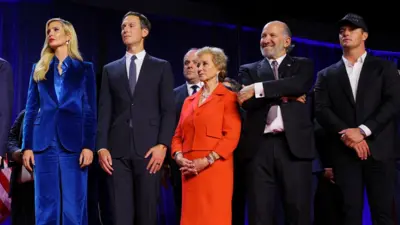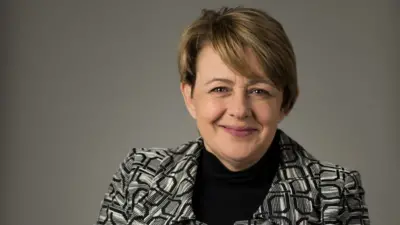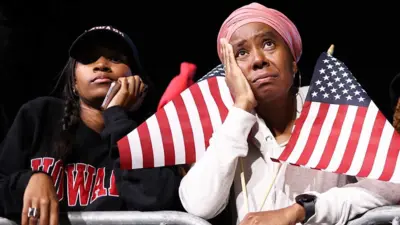We've updated our Privacy and Cookies Policy
We've made some important changes to our Privacy and Cookies Policy and we want you to know what this means for you and your data.
House of Lords backs higher university fees
Peers have backed government plans to raise student tuition fees in England to as much as ÂŁ9,000 a year.
Labour tried to throw out the proposals, which were passed by MPs last week, but the opposition amendment was defeated by 283 votes to 215.
The House of Lords' decision means that the higher fees are expected to come into force from 2012.
Ministers called the plans the "fairest deal" possible, but Labour accused them of "privatising" universities.
Moves to increase the maximum annual fees for students from ÂŁ3,290 to ÂŁ9,000 have prompted outrage among students, culminating in violent protests at Westminster last week.
'Fatal'
More than 20 Lib Dems and six Conservative MPs voted against the government's plans last Thursday, but they still passed through the Commons.
Had the Labour amendment succeeded, it would have overturned the earlier MPs' vote, forcing the coalition to reintroduce the measure in the Commons if it had decided to continue with the policy.
During the Lords debate, government spokesman Lord Henley told a packed house such an outcome would be "fatal", adding: "There is absolutely no mechanism for the Commons to address or put right a defeat in these circumstances and accepting one or both of the noble Lord's amendments would therefore be, in practice, a veto."
Labour spokesman Lord Triesman accused the government of attempting to drive through the "privatisation" of higher education.
He said: "This afternoon's decision will switch the concept of universities from being a public good, as they have always been through modern history, to essentially a private sector, market-driven by personal private investment."
Lord Browne - the former BP chief executive who carried out a review of higher education funding in England which recommended unlimited fees - backed the government.
Despite government concessions offered in the run-up to the Commons vote, Lib Dem education spokeswoman Lady Sharp said she was uncomfortable about what the changes would mean for the cost of a degree and the deterrent it would be to students from a variety of backgrounds.
"I face a dilemma," she said. "I have a lot of reservations and I am in the same position as many Liberal Democrat MPs.
Ministers insisted that, with no upfront fees and graduates only having to contribute to the cost of their degree when their salary reaches ÂŁ21,000, the proposal was the "fairest deal" in the financial climate.
National Union of Students president Aaron Porter said: "I am both saddened and disappointed by the outcome in the House of Lords this evening.
"I fear that this evening our aspiration - to create a fairer and more equitable higher education system - has been set back for a generation."
Meanwhile, the Metropolitan Police has defended its handling of the last week's anti-fees protest - in which 30 officers were injured and six taken to hospital - saying the level of violence was "completely unacceptable".
The force has launched an internal investigation after one demonstrator alleged officers had pulled him from his wheelchair.
Jody McIntyre, who has cerebral palsy, is considering a formal complaint and a video of him apparently being wrenched from his wheelchair and onto the street by police has appeared on You Tube.
He told the 91ČČąŹ: "One of the police officers came running over towards me. He tipped me out of my wheelchair on to the road and then dragged me by my arms from the middle over to the side of the road.
"There is no way you can classify me as a physical threat when I am sitting in my wheelchair not doing anything."
Scotland Yard said the issue had been referred to the Directorate of Professional Standards, an internal body that examines officers' conduct.
Top Stories
More to explore
Most read
Content is not available








